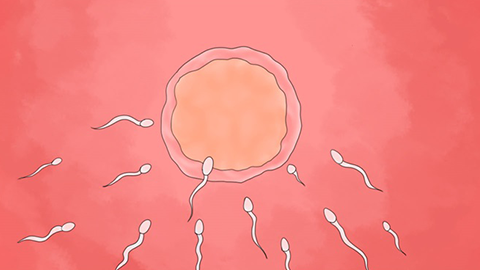Can you get pregnant normally with a 14mm follicle?
Under normal circumstances, if a 14mm follicle continues to develop to maturity and ovulates properly, and other fertility conditions are met, natural conception is possible. However, if the follicle stops developing, fails to mature and ovulate, or if there are issues such as blocked fallopian tubes or poor sperm quality, successful conception becomes difficult. If concerned, it is recommended to seek medical advice early. Detailed analysis is as follows:

If monitoring shows that a 14mm follicle has a regular shape and uniform internal echogenicity, and follow-up examinations reveal a daily growth rate of 1–2mm, eventually maturing and being successfully released, while the fallopian tubes are unobstructed, the endometrial thickness is appropriate (8–12mm), and the male partner has normal sperm motility, these conditions support natural conception, making successful pregnancy possible.
If the follicle stops growing after reaching 14mm and never reaches maturity, or if it develops but fails to rupture and release the egg normally; or if there are issues such as tubal adhesions or blockages, endometrium that is too thin or too thick, low sperm count, or reduced sperm motility in the male partner, even if some follicular development occurs, fertilization and embryo implantation are unlikely, making natural conception difficult.
During preconception preparation, regular ultrasound monitoring of follicular development and recording of ovulation timing are essential. If abnormal follicular development is observed over 2–3 consecutive cycles, timely medical evaluation of hormone levels is recommended to identify the underlying cause and implement targeted interventions to improve the chances of conception.




